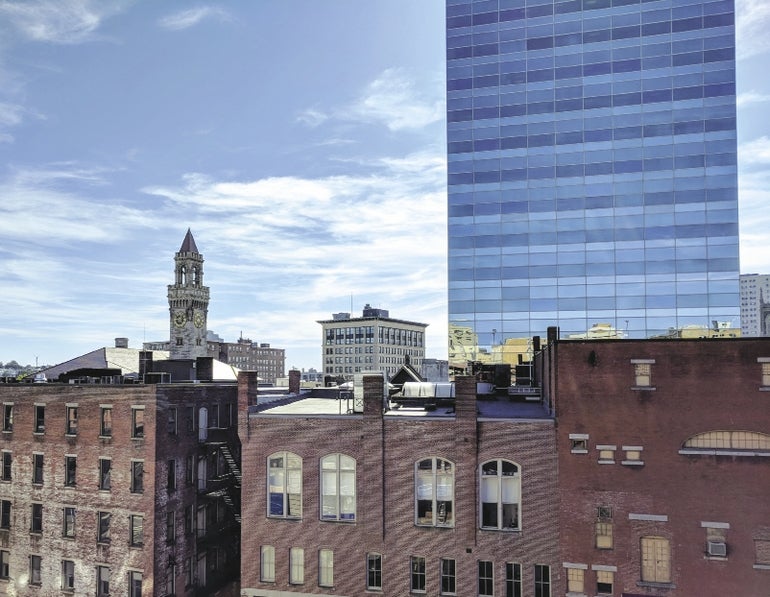The Central Massachusetts Business Confidence Index fell from 50.0 to 49.1 in January, indicating area companies have a slightly pessimistic viewpoint regarding current business conditions.
This slight decline since December came in contrast to the statewide Massachusetts Business Confidence Index, which increased 0.9 points in January to hit an 11-month high of 53.5, according to a Monday press release issued by the Associated Industries of Massachusetts, a Boston-based business organization representing 3,400+ companies across the state.
Statewide results indicated confidence was highest at large companies, with a score of 55.4 points, compared to small companies, which came in at a score of 54 points, and medium-sized companies, which came in at 51 points.
Scored on a 100-point scale, an index number greater than 50 represents an optimistic outlook, while a number below 50 represents a pessimistic outlook.
The Central Massachusetts index, which is conducted in partnership with the Worcester Regional Chamber of Commerce, was the only regional index to end January in pessimistic territory. The North Shore Confidence Index rose from 52.1 to 57.3, while the Western Massachusetts Business Confidence Index climbed from 48.9 to 50.4.
January’s results indicate a widening statewide confidence gap between the manufacturing sector and non-manufacturing companies: Confidence among Massachusetts manufacturing companies declined from 49.8 to 46.4 points in January, while confidence among non-manufacturing firms increased from 54 to 57 points.
AIM analysts believe this is the result of weakness in residential investment, business fixed investment, and motor vehicle purchases, which is partially driven by the lagged effects of higher interest rates.
Despite concerns among the manufacturing sector and the pessimistic viewpoint of Central Massachusetts businesses, the state’s economy continued to grow.
“Solid job creation and robust consumer spending helped the state economy expand at an estimated 3.8% annualized rate of growth during the third quarter,” Michael Goodman, professor of public policy at the University of Massachusetts Dartmouth, said in the AIM release.

